Some children just don’t connect with reading the way others do. They’re not interested in it for school, for fun, or for any other reason. They might claim it is too boring or too hard. If this describes your child, I’d like to offer a few ideas for you to try. These recommendations are centered around the idea that each one of us is living our own life’s story. So if your child isn’t interested in reading other people’s stories, why not read them their own?
Read Their Birth Story
Reading a story that is all about your child should pique their interest. They will likely hang on your every word and then ask for more! Although your child was present at this momentous occasion, they did not have the words to describe it. That wonderful, blessed job falls to you.
A birth story can include some experiences during your pregnancy, the plan/expectations of how you thought things would go at their birth, how they actually went, yours and your partner’s inward emotions and outward movements when your infant came into this world, comments made by the doctors and nurses, and details that struck you. Click here for more steps and suggestions on how to write your child’s unique birth story if you don’t already have one done.
If your child is adopted, read to them about the time you first met them and brought them home. For older children, consider writing a fictional story about what it would’ve been like to have them from birth. How would you have felt? What things would you have said and done? These can be powerful ways to build a deeper connection with your child and can sometimes bring healing.
Read from Your Own Journal
I have been the most consistent with my journal writing since purchasing a five-year-journal. It contains 365 pages, one dedicated to each day of the year. A page has enough room for five entries, so you can look back on what happened that same day over many years. Most nights, after I read a bedtime story to my two youngest kids, my husband takes a turn reading and I write in my journal.
Once I started filling in the entries for the second year, I would sometimes comment on something that happened that day the year prior. Then one of the girls began a habit of asking, “Mom, what happened a year ago today?” This has evolved into a fun nightly routine where we read one or two entries from my journal. The kids love it when their name is read or something funny or special happened that day. I find that this simple act contributes to their own life story by renewing their memories of past events, helping them recognize the important role they play in our family, giving them a better sense of the passing of time, and instilling in them a desire to keep a journal when they are capable of doing so.
If you don’t keep a journal, it might be time to start! You won’t have entries for last year, but in just 30 days, you could be reading last month’s entries to your child. For those who don’t care to keep a journal of their own, that’s completely fine. But please do consider helping your child write one for themselves. And if you can’t get them to read any other books, at least they will have their journal they can keep coming back to through the years.
Read about Their Ancestors
Children’s book author Julius Lester wrote about a concept I absolutely love. He said, “Our lives incorporate more than our physical existence and personal memories. Generations abide within us” (56). We know that to be true based on how DNA works. But beyond the science of genes, each of us becomes who we are mentally and emotionally because of what our ancestors experienced and endured. What a remarkable gift to give our children: a more complete understanding of who they are and why.
This can be as simple as reading obituaries and old letters between family members. In addition, finding your ancestors and reading about their lives has never been easier, thanks to the websites listed below. Make this a project with your child. Write your own mystery! Try to solve the puzzle about how your family history has shaped the both of you. After all, “Each of us is comprised of stories, stories not only about ourselves but stories about ancestors we never knew and people we’ve never met” (Lester, 73). Now you can go find those stories AND continue writing your own.
Placing your child at the heart of your reading might be just the impetus they need. Be prepared for more frequent requests to read together. And don’t be surprised if you both benefit in other ways, as well!
Lester, Julius. On Writing for Children & Other People. Dial Books, 2004.


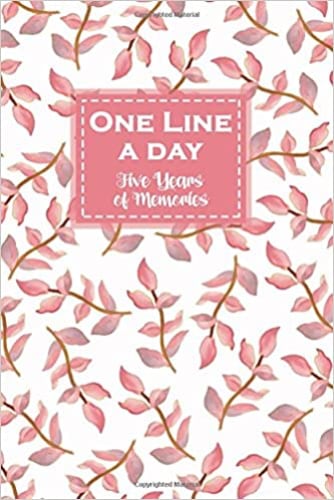
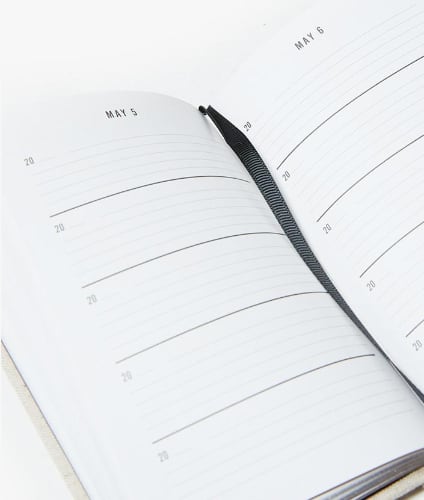




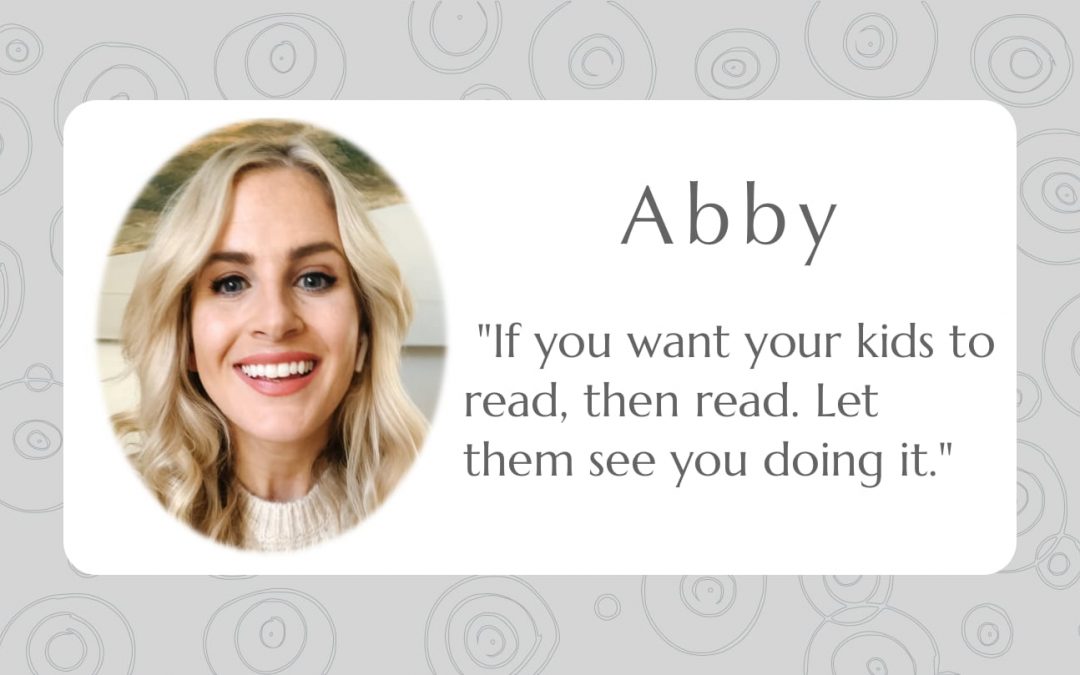
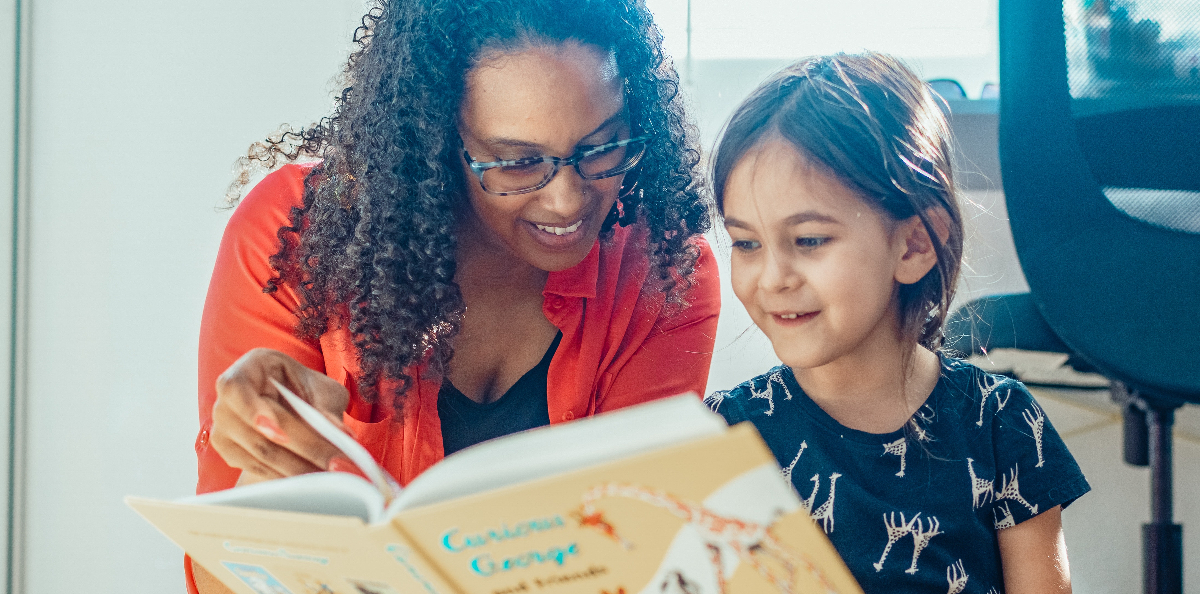

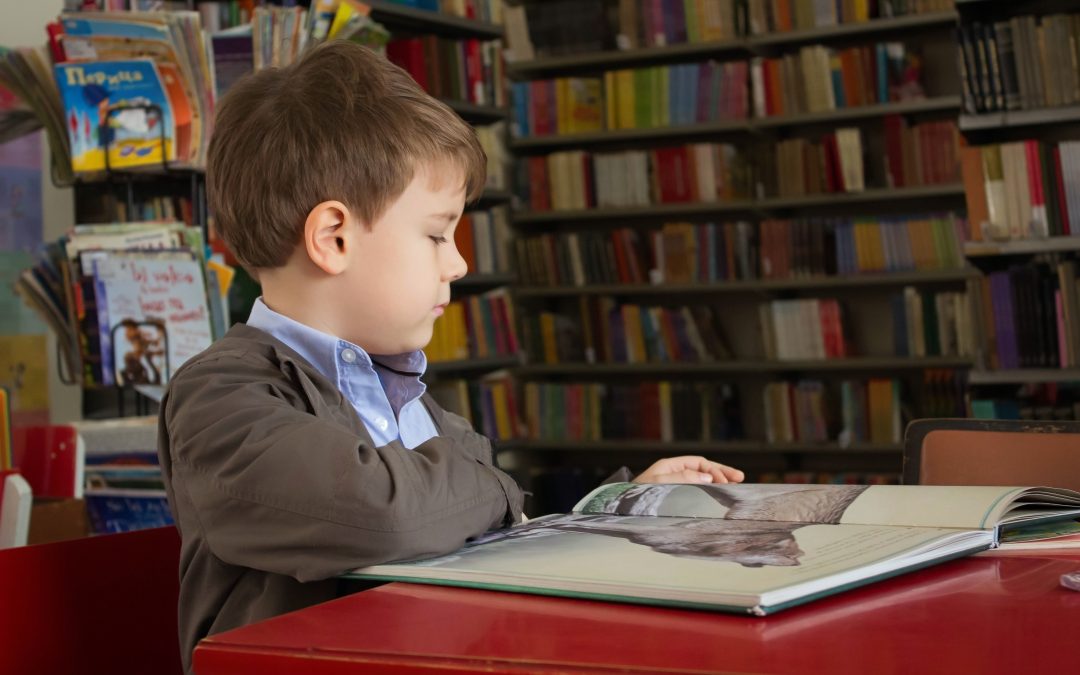
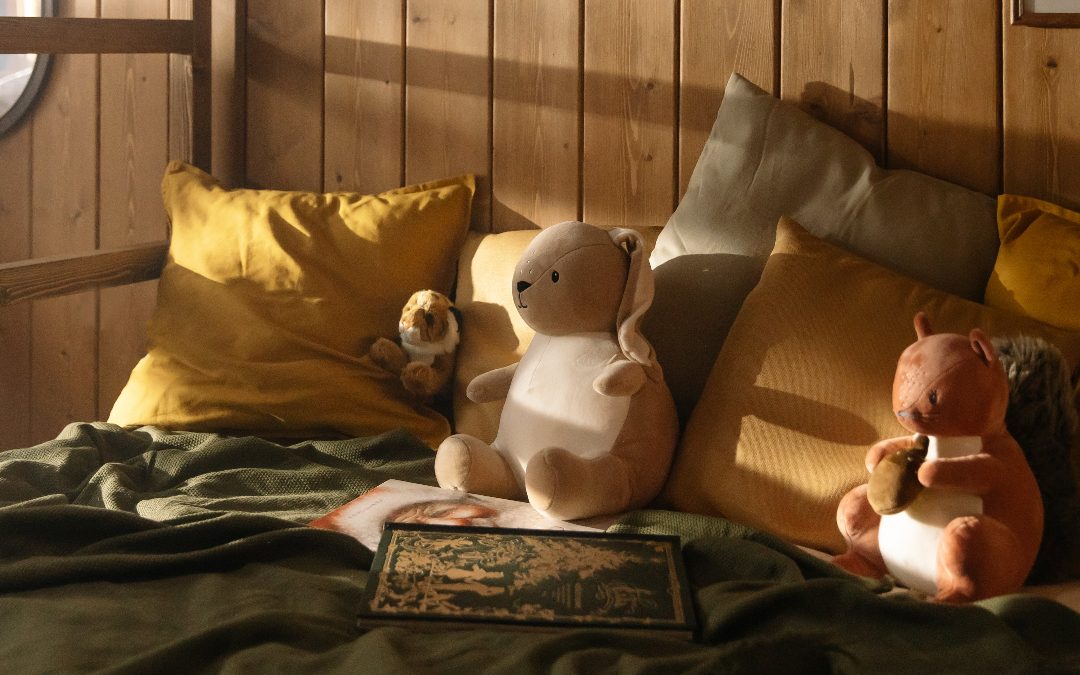

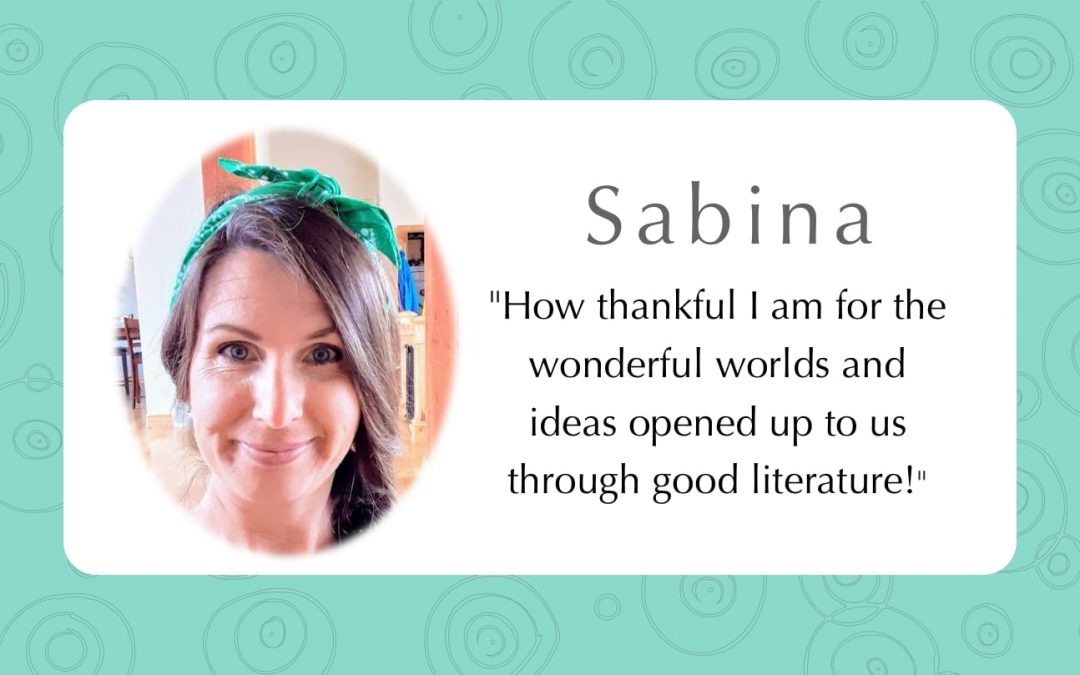



Love these ideas! Thanks for sharing!
I appreciate all of your comments, Emily!